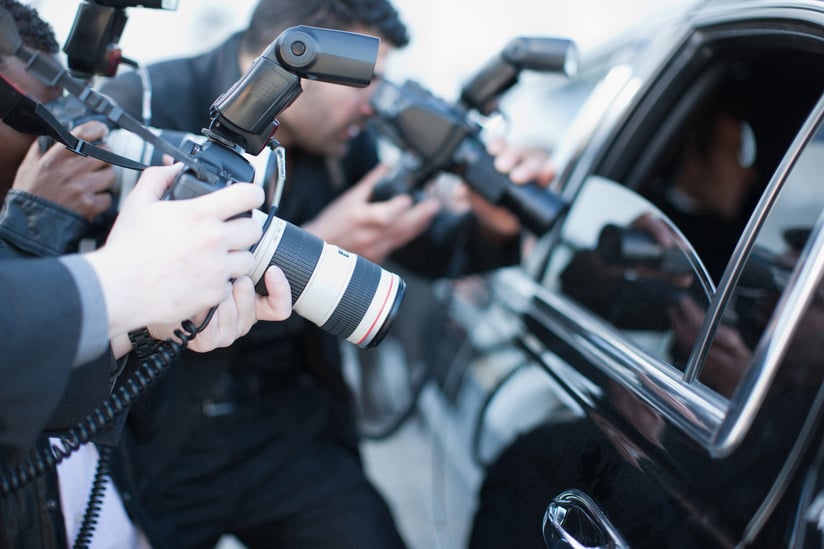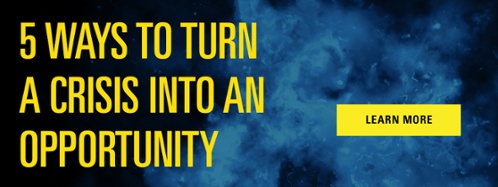 When in the spotlight, we often fail to see the power of revealing weakness.
When in the spotlight, we often fail to see the power of revealing weakness.
In 2016, actress Selma Blair was removed from a Los Angeles-bound flight after she reportedly became incoherent, exclaiming during an outburst, “He burns my private parts. He won’t let me eat or drink. He beats me. He’s going to kill me.” Page Six, which reported she allegedly mixed medication with alcohol, ran with the headline, “Selma Blair flips out on plane, hauled out on stretcher.”
The story could have ended there, leaving the celebrity gossip mill to paint its own picture of what would have been a moment of private deterioration for most. But Blair, who had been returning from a trip to Cancun, Mexico, came forward with a statement that shed some light on the incident. "I made a big mistake,” she told Vanity Fair. "After a lovely trip with my son and his Dad, I mixed alcohol with medication, and that caused me to black out and led me to say and do things that I deeply regret. My son was with his Dad, asleep with his headphones on, so there is that saving grace."
She went on to apologize to the passengers and crew she disturbed, thanked those who helped her, and ended with, "I am a flawed human being who makes mistakes and am filled with shame over this incident. I am truly very sorry."
There was something odd about her statement: It was unusually honest. It was a simple declaration that explained an embarrassing moment to a national audience, forgoing the stiff, carefully constructed language often used to obscure one thing and divert attention to another. It’s likely that Blair felt vulnerable, maybe even weak, when she went public. Many celebrities, particularly actresses whose success hinges on their ability to appear flawlessly sexy, may have opted for something more vague or nothing at all. That’s not surprising, given that our instincts generally tell us to appear strong and infallible when facing the media, “sanitizing” our image to conceal any sign of weakness. But too often, our humanity gets scrubbed out with that. What many public figures fail to realize is that it is their vulnerability that makes them appear strong.
By confirming the report, Blair may have contained reputational damage by reining in the imaginations of anyone who dismissed the outburst as another entitled, drug-addled celebrity trampling on the comfort of ordinary citizens. Partial disclosures or silence can breed suspicion. Instead, we saw a mother who experienced something scary, and became distressed at the thought of her son witnessing the episode. We saw a celebrity who cared about disrupting her fellow passengers.
It’s not a new concept, but it is one that becomes more pronounced during a presidential election when armies of consultants work to turn their candidates into unblemished, pillars of strength. Perhaps the value of revealing weakness is best illustrated by then GOP nominee Donald Trump, who, some might say, ran a campaign with an unprecedented absence of humility. No doubt his unwavering confidence had fueled his popularity for many voters. But for others, it became an albatross, rendering him a two-dimensional caricature incapable of relating to the struggles of everyday people.
It’s not only celebrities, of course, who find strength in revealing feelings of vulnerability. Everyday people do it all the time, sometimes detailing harrowing accounts of violent crimes or disclosing private struggles with illnesses. The sexual assault victim in the case involving former Stanford swimmer, Brock Turner, singlehandedly ignited an outcry across the country with one letter. The woman, who was unconscious when she was assaulted by Turner, spoke of her vulnerability and being traumatized by her helplessness in a letter read before the sentencing judge that ultimately went viral. Her words could become a profound catalyst for change in the movement to fight violence against women.
These moments may feel like risks. But in reality, they appear as courageous steps that cultivate stronger bonds with the people we’re trying to reach. They make us relatable and increase our credibility, while showing that we’re complex people capable of self-reflection. The risk comes not when we feel weak, but when we underestimate the power of our weakness.





Let’s Connect
Ready to build, grow, manage and protect your brand? Complete the form below to discuss how we can help.